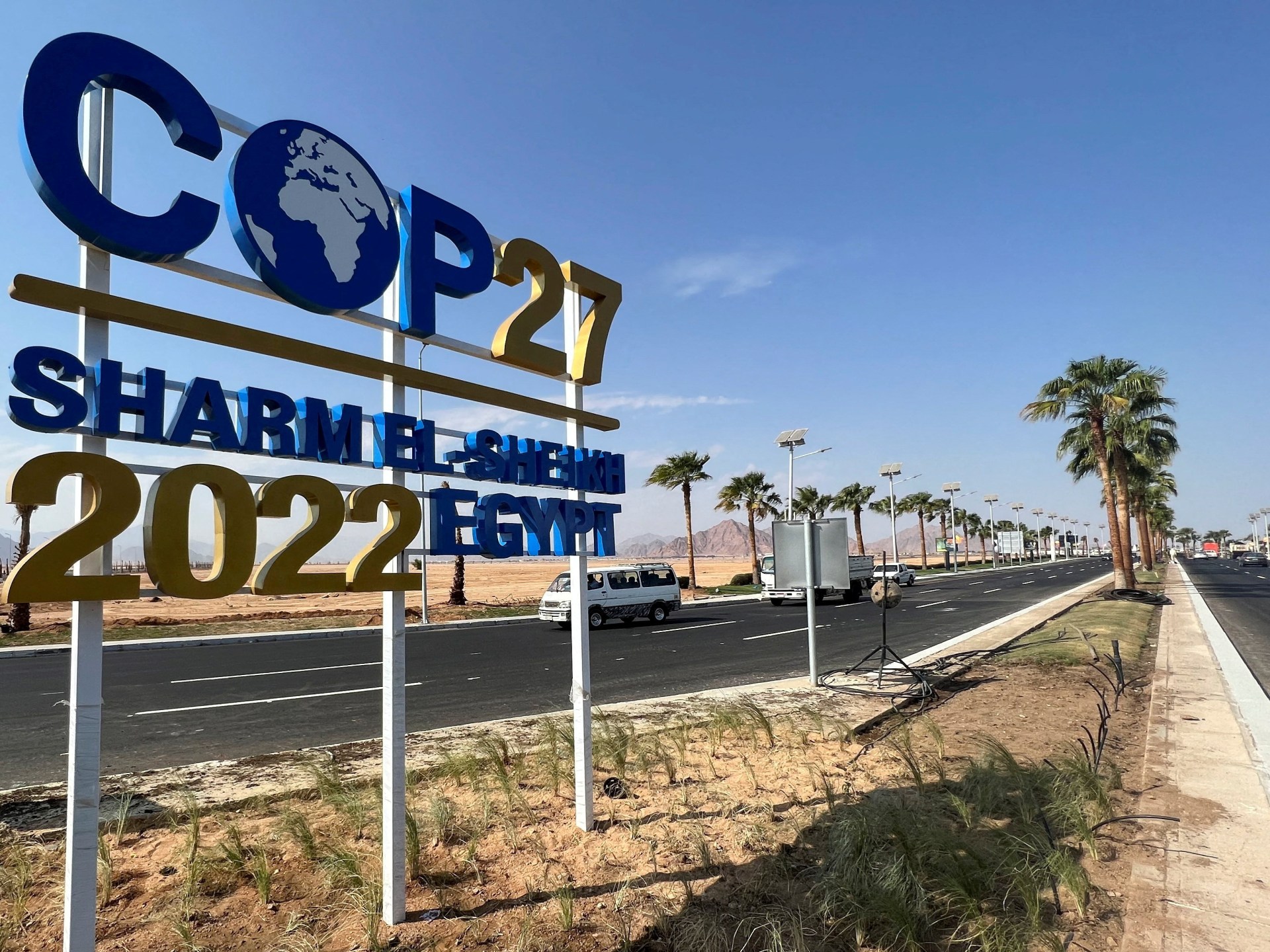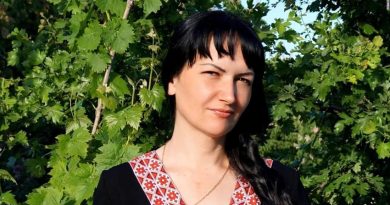Kazakhstan holds referendum marking end of Nazarbayev rule
The constitutional reform spearheaded by President Kassym-Jomart Tokayev marks the end of Nazarbayev’s rule.
Kazakhstan is holding a referendum to overhaul the constitution, as the Central Asian nation’s leader Kassym-Jomart Tokayev aims to reform the political system after three-decade rule by founding leader Nursultan Nazarbayev.
Voting in Almaty and Nur-Sultan began at 7am (01:00 GMT) on Sunday and concludes at 8pm (14:00 GMT). Polling stations in the west will close an hour later, at 9pm.
The constitutional reform is part of a drive for a “New Kazakhstan” spearheaded by Tokayev, who was hand-picked by Nazarbayev to replace him as president in 2019.
It moves to decentralise decision-making and allow greater representation of various groups in parliament, as well as preventing relatives of the president from holding government positions.
Tokayev has described the vote as a shift from “super-presidential” rule that will strengthen parliament a do away with Nazarbayev’s privileges, including the constitutional title of Elbasy, or Leader of the Nation.
“We are … laying the foundation for the Second Republic,” Tokayev said, addressing the nation on the eve of the vote.
The referendum, which amends one-third of the current constitution that was accepted by the popular vote in 1995, is likely to give 69-year-old Tokayev the political capital to run for a second term without the backing of Nazarbayev.
The new president fully emerged as an independent figure this year, after subverting an attempted coup in January and removing Nazarbayev and his relatives from key positions in the government.
January’s unrest started as a protest against a fuel price rise and evolved into a broad display of public discontent with a system which concentrates power and wealth in the hands of a few.
The uprising killed more than 230 people and prompted authorities to call in troops from a Russia-led security bloc.
Prior to January’s crisis, Tokayev was widely seen as ruling in the shadow of Nazarbayev, who in 2019 handed in his abrupt resignation after three decades in power.
Critics say the plebiscite is an attempt by Tokayev to legitimise his rule and formalise the retirement of his predecessor through amendments drafted without the participation of civil society.
Opposition groups have seen the vote that brought Tokayev to power as rigged in favour of Nazarbayev’s chosen successor.
Despite a government push to sell the constitutional changes, there has been no visible “no” campaign and the referendum – the second in the country’s history – is likely to pass.



